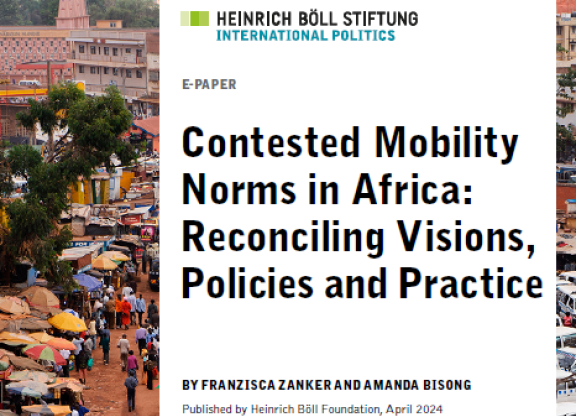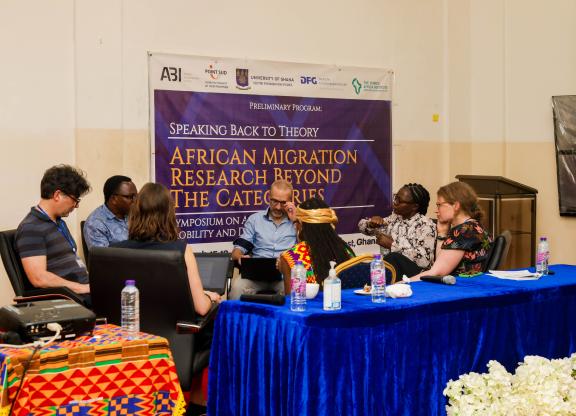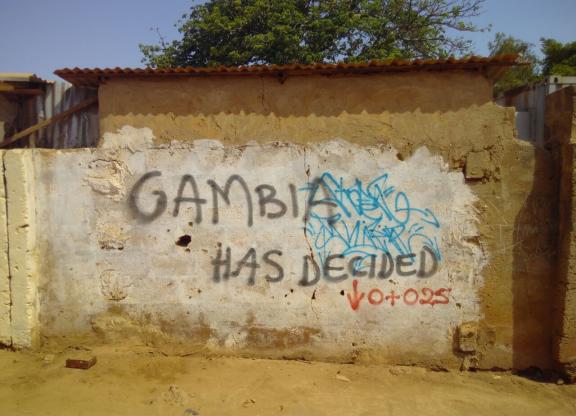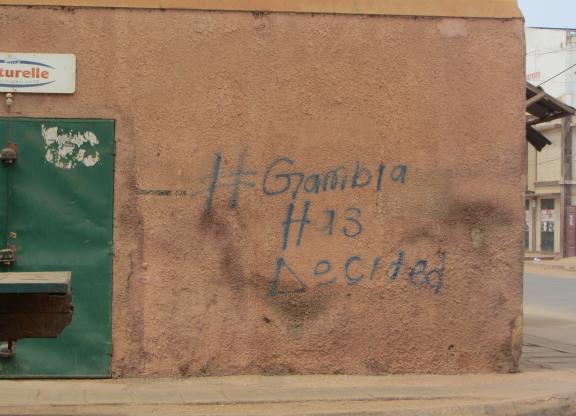- The Project
- About Us
- Research Insights
- Updates
- Database
Research Insights
On this page, PolMig presents its research insights and our related work, including publications and non-academic outputs. To stay up to date to our latest insights, consider signing up to our newsletter.

© Anita Ghimire
Feminist Migration Futures? Reflections on a Feminist Migration Policy (2024)
Toni Cela, Anita Ghimire, Meena Poudel, Sarah Scuzzarello, Mary Setrana, Marcia Vera Espinoza and Franzisca ZankerFeminist migration scholars have long discussed how to best understand and mitigate the effects of intersectional experiences of oppression on the lives of migrants. With the newly emerging debates and practices out of the field of feminist foreign policy, the authors decided to hold a roundtable discussion at the 21st IMISCOE Annual Conference in Lisbon – in a hybrid manner – to consider what a feminist migration policy might look like and whether it is even feasible. This blog post summarises their conversations. Full article available at Sussex Centre for Migration Research Blog

© Heinrich Böll Foundation
Contested Mobility Norms in Africa: Reconciling Visions, Policies and Practice (2024)
Franzisca Zanker and Amanda BisongMigration from Africa will not only occupy European politics in the future; it is already shaping politics in Africa today and is an important factor for economic development. Migration partnerships could be beneficial for both continents. This report offers a differentiated understanding of migration and mobility on the African continent in order to develop meaningful strategies for migration-related cooperation between European and African countries. Full report available at the Heinrich Boell Stiftung.

© Francis Aubyn
Too many nerds in one room: Theories, theorization, and deconstructing categories (2023)
Franzisca Zanker and Paolo GaibazziIn March 2023, 25 AMMODI members and associates met to discuss the research, topics, categories, theories and methodologies of Africanist migration research, including structural inequalities that play into what is researched, written and heard about. The linked post is based on the discussions in one of the three breakout groups on who makes theories, what can they explain, and who listens to them, as well as how categories are made. Full text available on the AMMODI Blog

© Franzisca Zanker
Protective exclusion as a postcolonial strategy: Rethinking deportations and sovereignty in the Gambia (2022)
Franzisca Zanker and Judith AltroggeIn 2019, the tiny West African country of the Gambia imposed a moratorium on all deportation flights from the EU. Though West African countries are notoriously reluctant to cooperate on forced returns, such a moratorium was unheard of and caused an uproar within diplomatic circles in Europe. In the age of deportability, why is deporting ‘unwanted’ migrants an illustration of a nation’s sovereign rights, yet refusing to accept deportees is not? Article available at Security Dialogue
© Franzisca Zanker
African perspectives on migration: Re-centring Southern Africa (2022)
Franzisca ZankerAfrican scholars (like scholars in other areas of the Global South) continue to be under-represented in migration literature, no matter on what geographical focus they are working on. This is related to a variety of issues linked to pervasive inequalities in knowledge production, not least access to funding, as well as various hindrances against publishing in established outlets. In this review essay, the focus is on three contributions, geographically placed in Southern Africa. Article available at Migration Studies

© Franzisca Zanker
The Political Influence of Return: From Diaspora to Libyan Transit Returnees (2019)
Franzisca Zanker and Judith AltroggeIn December 2016, Gambian dictator Jammeh was surprisingly ousted through the ballot box by a democratically motivated opposition. With this remarkable change, tables also turned for Gambian migrants. Gambians abroad were called upon to return and help rebuild the nation, while political interests in host states increased to return “irregular” migrants. In what ways can migrant return be politically influential, especially after a critical juncture as in the Gambia? Current studies fail to consider different types of returnees. Article available at International Migration